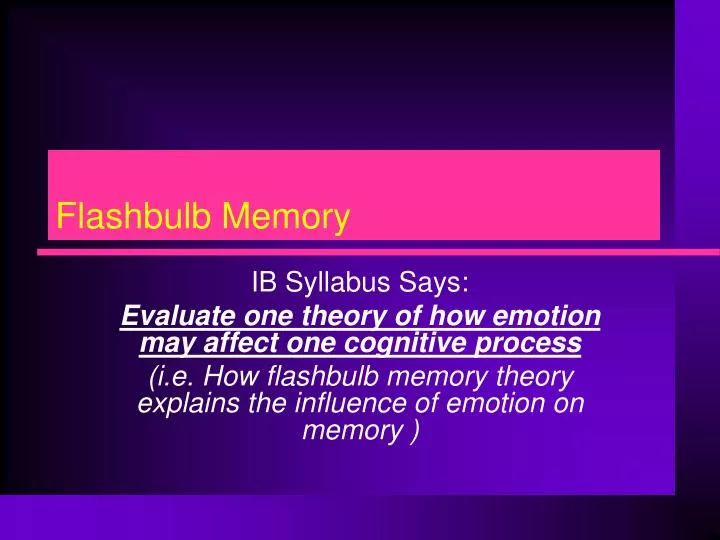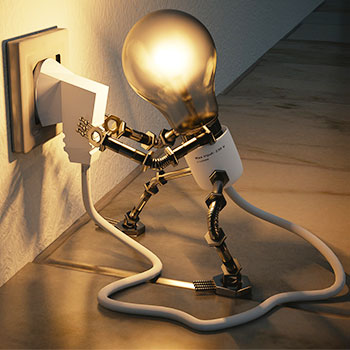

At least three smaller studies have also been published by memory researchers who, amidst their own shock and horror at the destruction of 9/11, knew that it presented a special research opportunity that other flashbulb situations hadn't: The attacks hit multiple communities and directly touched millions of Americans-forcing them to leave work early or race to retrieve their children from school. Hirst, along with 15 other investigators across the country, runs the largest study of 9/11 memories. They did it with the death of Princess Diana. "They did it with the Challenger explosion. "Every time there's a public trauma, psychologists run out in the street and capture people's memories of what happened," says Hirst. And each new public tragedy provides fodder for more research. But that idea remains hotly debated today. The idea of flashbulb memory was first proposed in 1977 by psychologists Roger Brown, PhD, and James Kulik, PhD, who posited that these memories are so emotionally important to us that they're laid down as vividly, completely and accurately as a photograph. "What makes these events so memorable is the unusual intersection of the personal and the public, so that what becomes salient for you is actually learning about the event, in addition to the facts of it," says cognitive psychologist William Hirst, PhD, a flashbulb memory researcher at the New School for Social Research. Known as "flashbulb memories," these detailed recollections can be as clear as something that happened yesterday, right down to the dialogue, the weather and even what people were wearing when they heard the news.

Kennedy's assassination, the Challenger space shuttle explosion and, more recently, the 9/11 attacks. Millions of Americans have vivid remembrances of decades-old traumatic events, including John F.


 0 kommentar(er)
0 kommentar(er)
